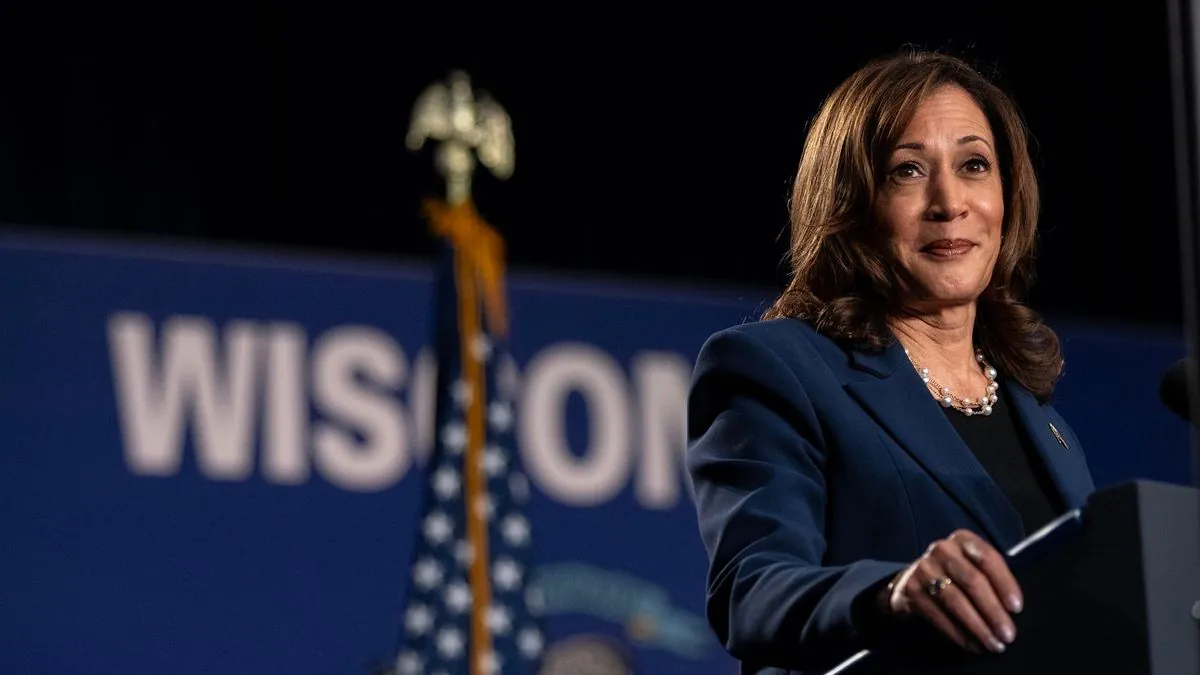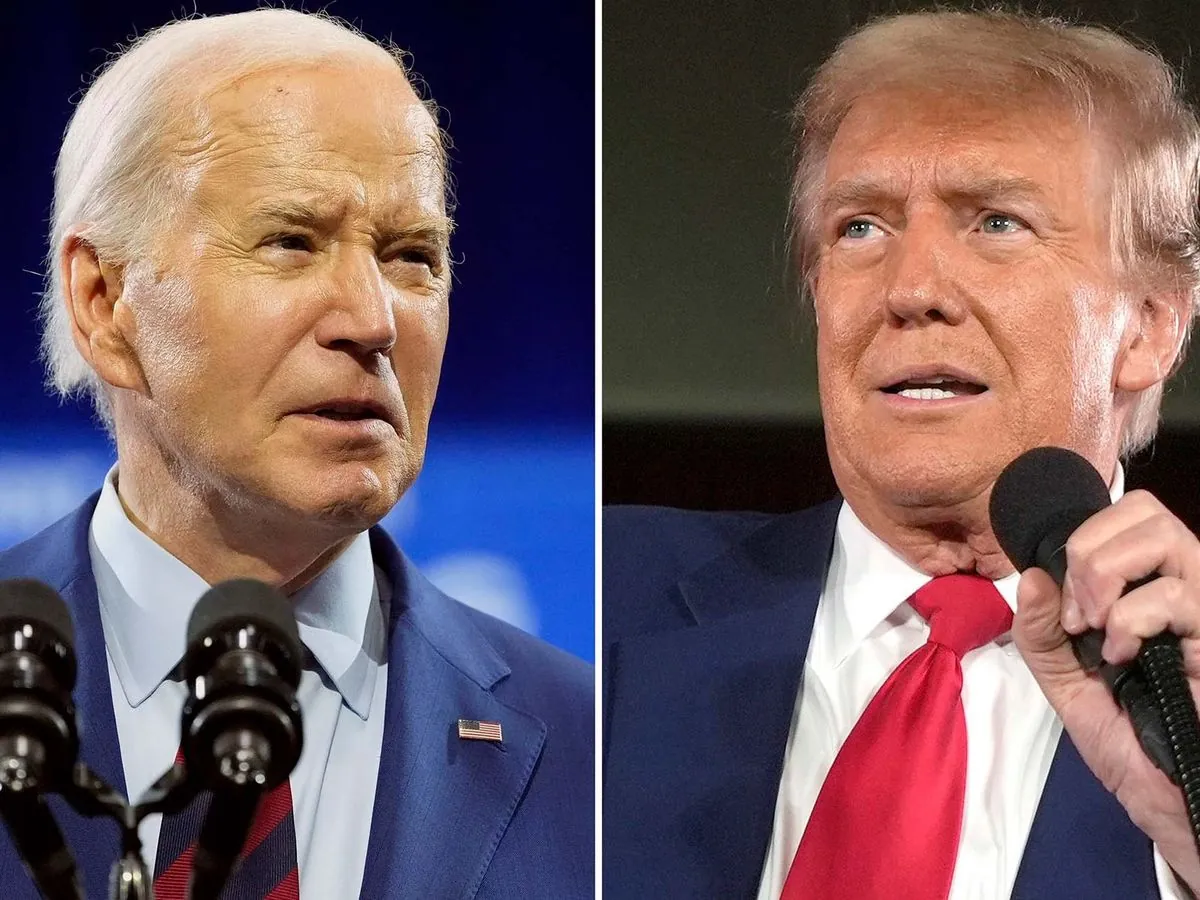Harris and Trump Clash Over Debate Microphone Rules
Vice President Harris and former President Trump dispute microphone muting for their upcoming debate. Trump hints at potential no-show, while campaigns trade accusations over debate conditions.

The upcoming debate between Vice President Kamala Harris and former President Donald Trump, scheduled for September 10, 2024, in Philadelphia, has sparked controversy over microphone muting rules. This dispute highlights the tension surrounding what promises to be a crucial event in the presidential race.
Harris' campaign advocates for unmuted microphones throughout the debate, while Trump's team supports muting when a candidate is not speaking. This disagreement reflects the high stakes involved, as both candidates aim to deliver strong performances following the previous debate that led to President Biden's withdrawal from the race.

The debate over debate rules is not new in American politics. Since the first televised presidential debate in 1960 between Kennedy and Nixon, which attracted over 66 million viewers, candidates have negotiated various aspects of these events. The Commission on Presidential Debates, established in 1987, has traditionally overseen these negotiations to ensure fairness.
Brian Fallon, spokesperson for Harris, stated, "Trump's handlers prefer the muted microphone because they don't think their candidate can act presidential for 90 minutes on his own." In response, Jason Miller, Trump's spokesman, claimed that Harris' team sought "a seated debate, with notes, and opening statements."
The importance of debate format and rules cannot be overstated. In 2000, Al Gore's audible sighs during his debate with George W. Bush became a major talking point, demonstrating how non-verbal cues can impact public perception.
Trump has hinted at the possibility of not participating in the ABC-hosted debate, citing what he perceives as biased coverage. This recalls instances like 1980 when independent candidate John Anderson was excluded from the presidential debates, highlighting the potential impact of candidate participation decisions.
"I'm not. ... I think my whole life I've been preparing for a debate."
The evolution of debate formats has been significant over the years. The town hall format, introduced in 1992, and the integration of social media discussions in 2012 have changed how audiences engage with these events. The upcoming Harris-Trump debate may further innovate this long-standing political tradition.
As the debate approaches, both campaigns continue to negotiate terms, reminiscent of the lengthy 1858 debate series between Abraham Lincoln and Stephen Douglas. The outcome of these negotiations and the debate itself could significantly influence the course of the 2024 presidential election.


































